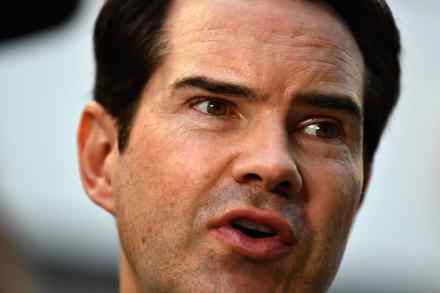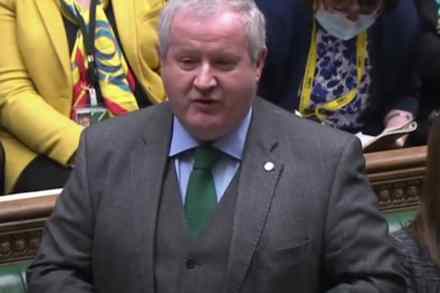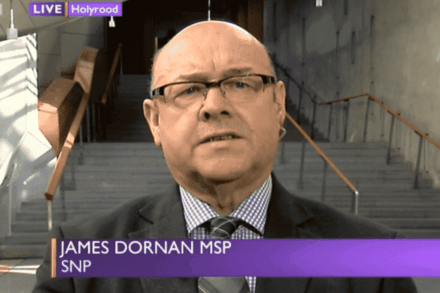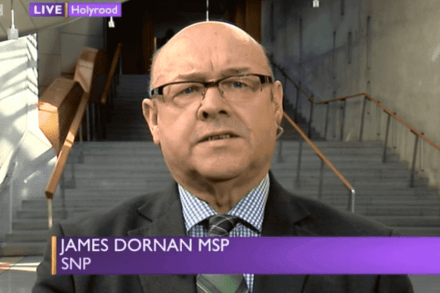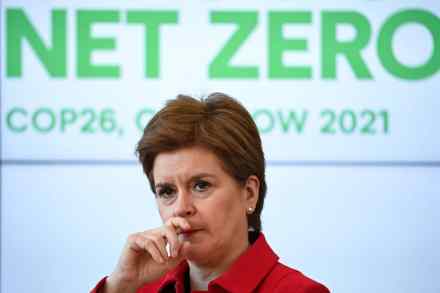Nicola Sturgeon’s last laugh
I was delighted to discover that the University of Bristol has been advising students how to address those who identify as ‘catgender’. These are people who ‘strongly identify with cats’ or may have ‘delusions relating to being a cat’. Apparently these individuals ‘may use nya/nyan pronouns’. Nya is the Japanese word for ‘miaow’. I am not sure why they should use the Japanese word for miaow, rather than our own perfectly good word, although I understand that a lot of young people are very interested in certain aspects of Japanese culture, such as anime and manga (although not other aspects of Japanese culture such as discipline, deference and fortitude). Perhaps


